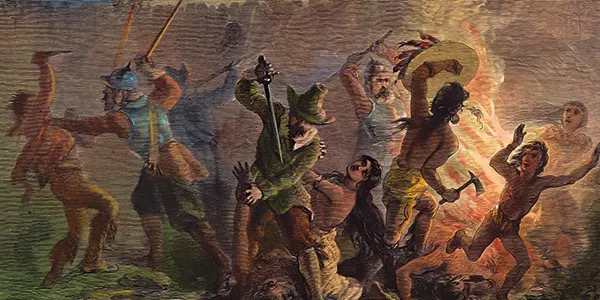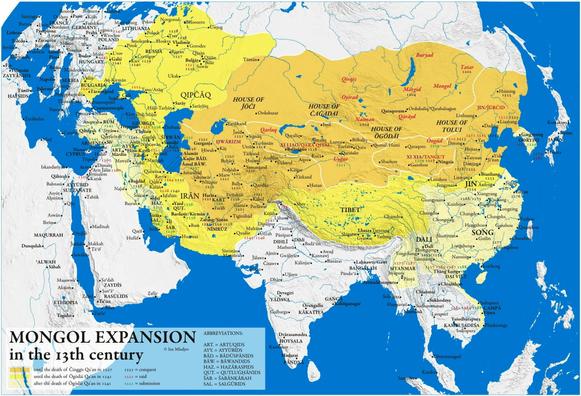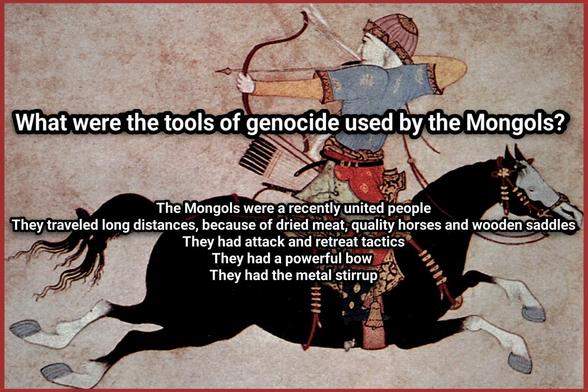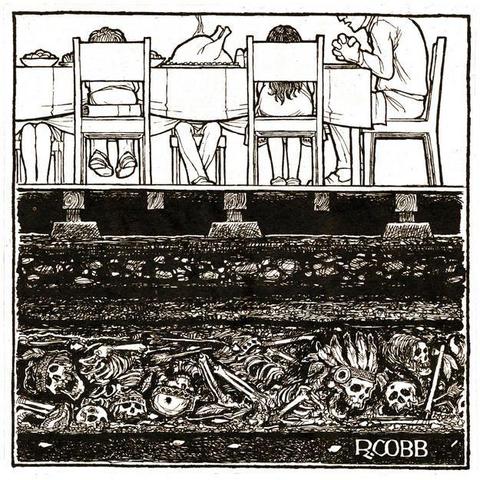May 26, 1637, the Puritans and their allies surround the Pequot Indian stronghold called Mystic Fort near what is now Stonington, Connecticut. They set it ablaze, then shoot those who flee the flames. By dawn, over 400 are dead—mostly women and children.
And yet, we still call Puritans the “peaceful” settlers.
1/6
#blackmastodon #iran #photography #history #war #histodons
Image: The Puritans’ massacre of the Pequots. A 19th-century wood engraving. Source: The Granger Collection, NYC.



